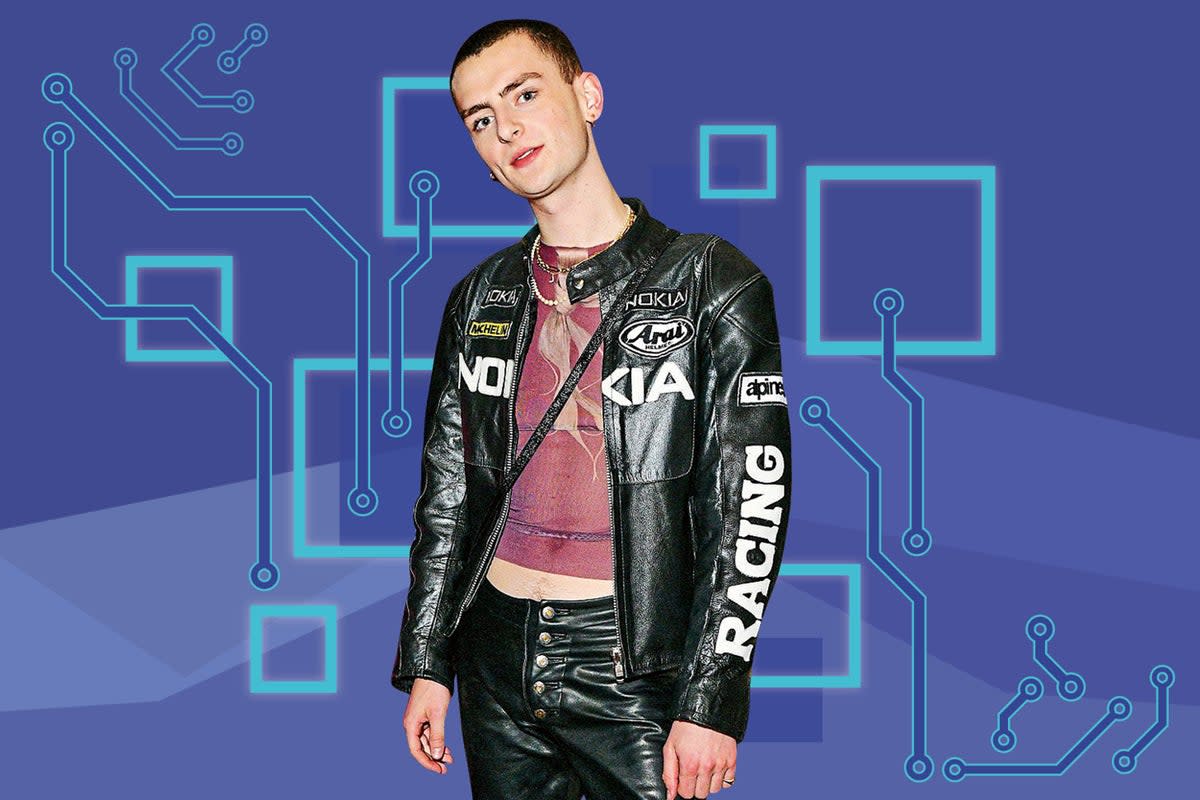I used ChatGPT to research my dissertation — here’s why it’s fine

A banker, a health data scientist and a London gallery assistant walk into a pub. They are just my friends (sorry, no joke here) and we were only talking about one thing: ChatGPT.
They’d been using the eerily-conversational AI chatbot to (varyingly): produce a £500,000 government grant application, understand the global economic market, and write exhibition leaflets in record time. I’d just used it to help research my fashion journalism degree dissertation — and this, apparently, was the most contentious confession of them all.
I want to point out that I did not use ChatGPT to actually write any words. I just found that it was a much more efficient search tool than Google (Google recognizes this threat; in December, after one month of ChatGPT attracted one million users, management declared a “code red”). Call me lazy, but it helped me produce an initial list of books and academics for my research. I still read the damn texts (which I found in the library) but that short conversation with ChatGPT saved me hours of trawling through the Wikipedia. This is how it differs to everyone’s favourite search engine: it can provide an answer or explanation, rather than 2,304,780 results.
At one point, I required academic concepts to back up my argument. So I asked it and sat back as it mused over the status theories by Max Weber and Pierre Bourdieu. However, while the answer or explanation might be succinct, it’s not always correct. The tool sometimes just makes things up. You can easily weed out the fact from the fiction — though, at that point, we’re back in ‘trawling Google’ territory. Other problems include its database stopping at 2021, so any current affairs are off the cards, and it is a product of the data it is fed with, so prejudice might alter the results. I recognise admitting all this remains taboo.
Use of the tool is rife among students
The ethical hoo-ha of AI in education started in the US, where ChatGPT’s arrival caused uproar, and publications such as The Atlantic made statements like “The College Essay Is Dead”. But use of the tool is rife among students, and more are undoubtedly coming. In the same way we can safely assume calculators and spell check are used by students working in unsupervised conditions, so too will kids today be turning to artificial intelligence to help with homework.
Better to start thinking of solutions, than shaking heads in disapproval. As one meme puts it: AI won’t steal your job, someone who uses AI will.

 Yahoo News
Yahoo News 
